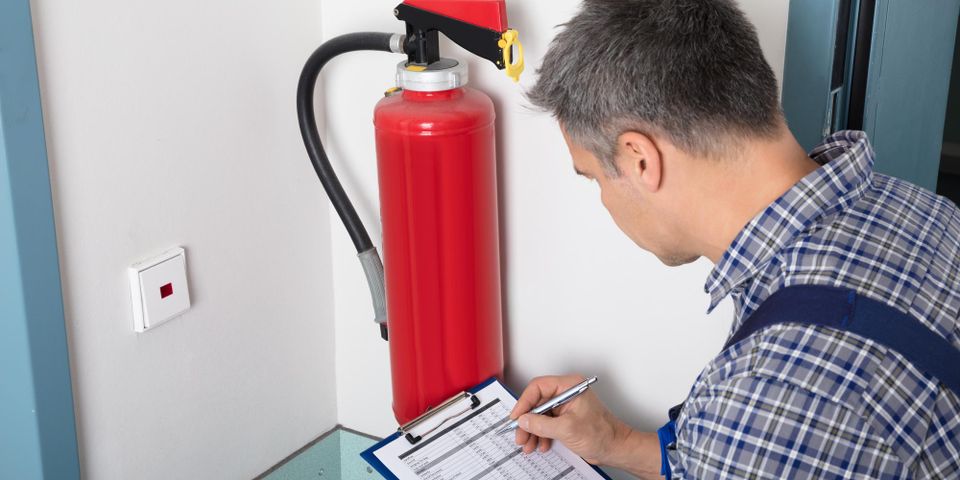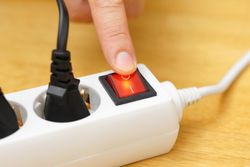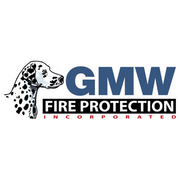
Hopefully, your business or residence has a robust fire detection system. But, in addition to that, you should know how to respond in the event of a blaze. Different types of fires require different suppression methods, and using the wrong fire extinguisher could inadvertently cause the problem to become larger. Below, learn about these categories and how they should be combatted.
How Are Fires Classified?
1. Class A
This is one of the most common types of fire—it covers ordinary combustibles such as wood, paper, trash, and plastic. To protect your home against this common hazard, make sure you’re prepared with a sprinkler system and standard fire extinguishers, which use mono-ammonium phosphate to smother the blaze.
2. Class B
This classification extends to flammable liquids, such as paint, gasoline, and kerosene. Cooking liquids, such as grease, fall under a different category. Standard fire extinguishers are effective against this type, as is sodium bicarbonate, but water should not be used, as it can spread the fuel source.
3. Class C
 These fires can originate in motors, computers, and other equipment that use electricity. You can take a step toward prevention by equipping your home with surge protectors and discarding any devices with frayed wiring. If a blaze does start, power should be cut and the fire should be suppressed with non-conductive chemicals.
These fires can originate in motors, computers, and other equipment that use electricity. You can take a step toward prevention by equipping your home with surge protectors and discarding any devices with frayed wiring. If a blaze does start, power should be cut and the fire should be suppressed with non-conductive chemicals.
4. Class D
This type is only likely in industrial and laboratory environments—it covers a range of combustible metals such as sodium, lithium, and magnesium. If your business handles these or other highly flammable metals, you should be stocked with the special dry chemicals required for fire suppression.
5. Class K
If you’re fond of cooking or work in a kitchen or restaurant, you probably know that grease fires are a risk. While these flammable liquids were once part of class B, they’ve been recategorized to reflect the way they should be suppressed. Water and dry extinguishers are ineffective and even dangerous, so the mandated approach is using a wet chemical agent to prevent a reflash.
To keep your home or business safe, you’ll want a fully-equipped, well-maintained fire prevention system. Therefore, turn to GMW Fire Protection of Anchorage, AK, and their wide selection of alarms, smoke and heat detectors, fire extinguishers, and sprinkler systems. To schedule a consultation for your building, call (907) 336-5000 or visit them online to learn more about their services.
About the Business
Have a question? Ask the experts!
Send your question

